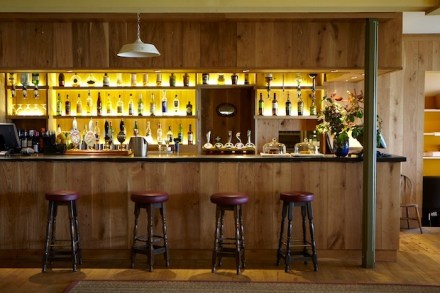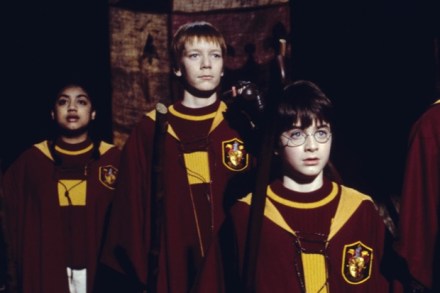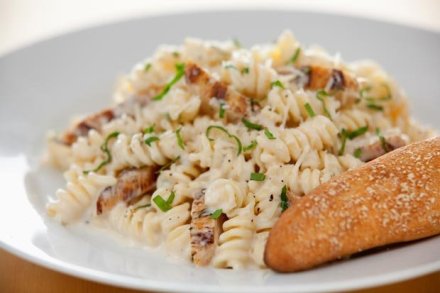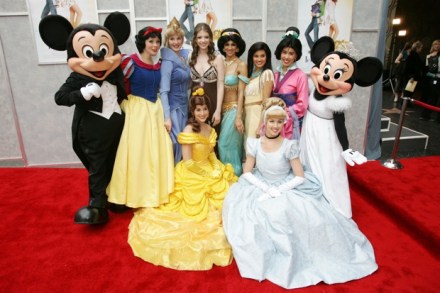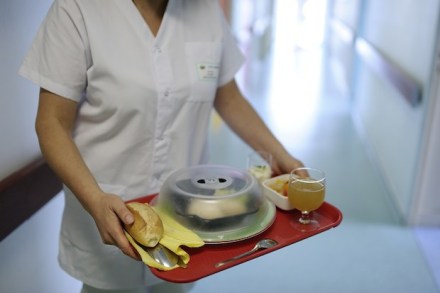The most preposterous restaurant to have opened in London this year
Somerset House, a handsome Georgian palace on the Thames, was once the office of the Inland Revenue, and the courtyard was a car park, but that particular hell is over. Instead there is Skate at Somerset House with Fortnum & Mason, which is a purple-lit skating rink next to a ‘pop-up’ shop or ‘Christmas arcade’. This, because all PR copywriters think they write for Jennifer’s Diary in 1952, is apparently ‘the most chic and complete Christmas experience in London this season’. I doubt it. There is, for instance, no sign of Rudolph the red-nosed reindeer, Father Christmas, or rogue elves, although there is a ‘twinkling 40ft Christmas tree hand-picked from the



